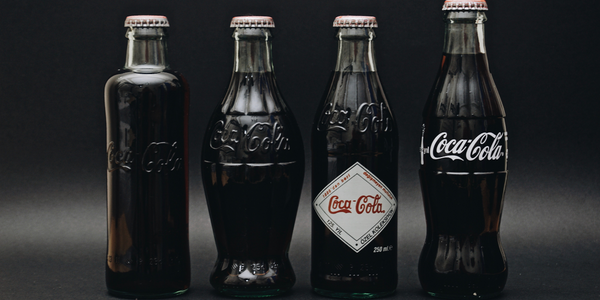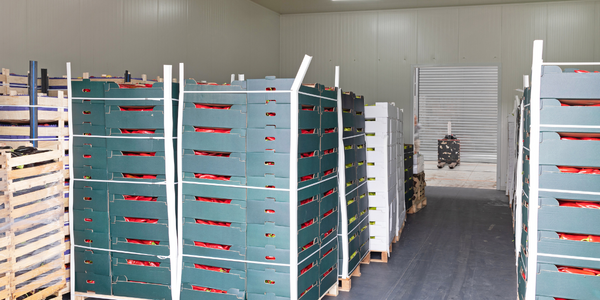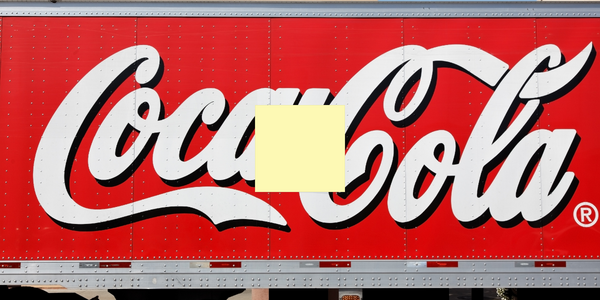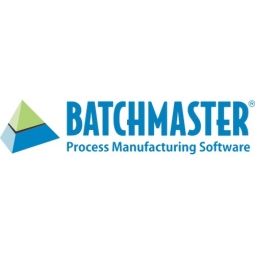Download PDF
BatchMaster ERP is helping Bar Bakers Grow Exponentially
Technology Category
- Functional Applications - Enterprise Resource Planning Systems (ERP)
Applicable Industries
- Food & Beverage
Applicable Functions
- Discrete Manufacturing
Use Cases
- Manufacturing System Automation
- Inventory Management
Services
- System Integration
- Training
The Challenge
Bar Bakers, a private label manufacturer of baked and cold process cookies, wafers, and nutritional bars, was experiencing exponential growth. The company needed a system that could manage the entire flow of inventory, from work order and demand to purchasing, receiving, A/P, and material consumption. They also needed a system that could provide rapid lot number traceability, crucial for their commitments to food safety and their pursuit of a BRC food safety certification. The system also needed to provide document management throughout the company for transparency and ease of access to information. As a rapidly growing company, Bar Bakers needed a system that could scale with them and support their operations.
About The Customer
Bar Bakers, LLC is a private label manufacturer based in Los Alamitos, California. The company focuses on a variety of baked and cold process cookies, wafers, and nutritional bars, manufacturing for major retailers, large brands, and small companies. Despite being a relatively new company, Bar Bakers boasts over 200 years of combined managerial and engineering industry experience within its team. The company is experiencing exponential growth, with several new customers expected in the coming months. Bar Bakers has a dedicated focus on product development and has helped customers scale from producing very small batches in their garages to manufacturing half a million bars within a month.
The Solution
Bar Bakers chose to implement BatchMaster ERP with SAP Business One. This system allowed them to align their operations from the start, managing the entire flow of inventory. The Material Requirements Planning feature of BatchMaster ERP allowed them to keep a lower level inventory for most items due to their ability to see what the real demand is. The system also provided rapid lot number traceability, enabling Bar Bakers to comply with BRC's product traceability and lot recall codes. Document management was another significant benefit, with ingredient specifications loaded into the solution for easy access and hard copies of documents for all transactions scanned in. The company also set up a test environment for staff to learn BatchMaster ERP, with in-house product expert Christian Jones available for questions.
Operational Impact
Quantitative Benefit
Related Case Studies.

Case Study
The Kellogg Company
Kellogg keeps a close eye on its trade spend, analyzing large volumes of data and running complex simulations to predict which promotional activities will be the most effective. Kellogg needed to decrease the trade spend but its traditional relational database on premises could not keep up with the pace of demand.

Case Study
HEINEKEN Uses the Cloud to Reach 10.5 Million Consumers
For 2012 campaign, the Bond promotion, it planned to launch the campaign at the same time everywhere on the planet. That created unprecedented challenges for HEINEKEN—nowhere more so than in its technology operation. The primary digital content for the campaign was a 100-megabyte movie that had to play flawlessly for millions of viewers worldwide. After all, Bond never fails. No one was going to tolerate a technology failure that might bruise his brand.Previously, HEINEKEN had supported digital media at its outsourced datacenter. But that datacenter lacked the computing resources HEINEKEN needed, and building them—especially to support peak traffic that would total millions of simultaneous hits—would have been both time-consuming and expensive. Nor would it have provided the geographic reach that HEINEKEN needed to minimize latency worldwide.

Case Study
Energy Management System at Sugar Industry
The company wanted to use the information from the system to claim under the renewable energy certificate scheme. The benefit to the company under the renewable energy certificates is Rs 75 million a year. To enable the above, an end-to-end solution for load monitoring, consumption monitoring, online data monitoring, automatic meter data acquisition which can be exported to SAP and other applications is required.

Case Study
Coca Cola Swaziland Conco Case Study
Coco Cola Swaziland, South Africa would like to find a solution that would enable the following results: - Reduce energy consumption by 20% in one year. - Formulate a series of strategic initiatives that would enlist the commitment of corporate management and create employee awareness while helping meet departmental targets and investing in tools that assist with energy management. - Formulate a series of tactical initiatives that would optimize energy usage on the shop floor. These would include charging forklifts and running cold rooms only during off-peak periods, running the dust extractors only during working hours and basing lights and air-conditioning on someone’s presence. - Increase visibility into the factory and other processes. - Enable limited, non-intrusive control functions for certain processes.

Case Study
Temperature Monitoring for Restaurant Food Storage
When it came to implementing a solution, Mr. Nesbitt had an idea of what functionality that he wanted. Although not mandated by Health Canada, Mr. Nesbitt wanted to ensure quality control issues met the highest possible standards as part of his commitment to top-of-class food services. This wish list included an easy-to use temperature-monitoring system that could provide a visible display of the temperatures of all of his refrigerators and freezers, including historical information so that he could review the performance of his equipment. It also had to provide alert notification (but email alerts and SMS text message alerts) to alert key staff in the event that a cooling system was exceeding pre-set warning limits.

Case Study
Coca-Cola Refreshments, U.S.
Coca-Cola Refreshments owns and manages Coca-Cola branded refrigerators in retail establishments. Legacy systems were used to locate equipment information by logging onto multiple servers which took up to 8 hours to update information on 30-40 units. The company had no overall visibility into equipment status or maintenance history.





